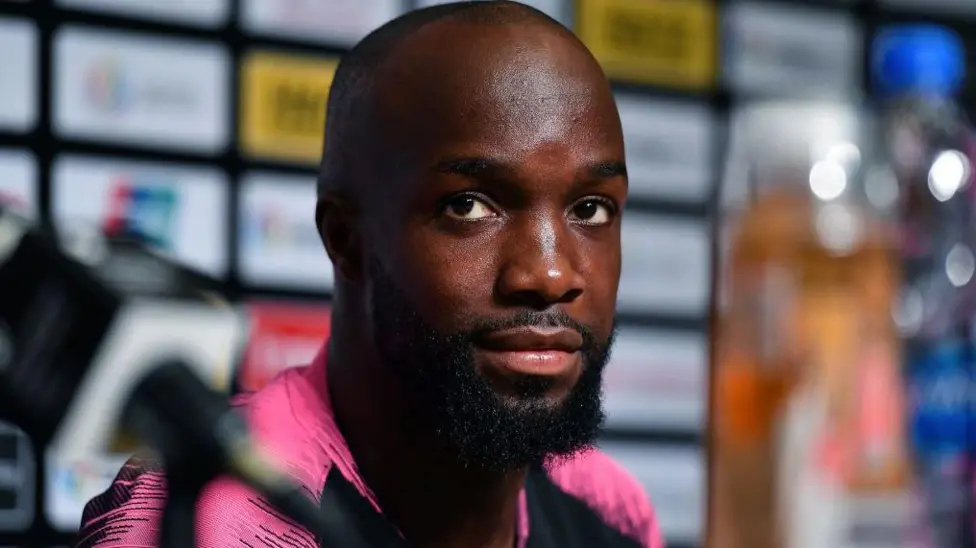Former France international Lassana Diarra has resumed legal proceedings in Belgium, seeking £56 million in compensation from FIFA and the Royal Belgian Football Association (RBFA) over a long-running contractual dispute.
The 40-year-old, who previously played in the Premier League for Chelsea, Arsenal and Portsmouth, has been involved in a legal battle with FIFA since his contract with Lokomotiv Moscow was terminated in 2014.
Diarra’s legal team challenged elements of FIFA’s transfer regulations, and in October 2024 the Court of Justice of the European Union (CJEU) ruled that some of FIFA’s rules violate EU law.
The ruling focused on FIFA’s refusal to issue an international transfer certificate (ITC) for a proposed move to Belgian side Charleroi in 2015. The CJEU found that this refusal breached the principle of free movement of workers within the EU, describing FIFA’s rules as impeding professional footballers from changing clubs freely.
FIFA had previously ordered Diarra to pay £8.4 million in compensation to Lokomotiv Moscow, claiming he had breached his contract.
Despite the CJEU ruling, Diarra said on Monday that neither FIFA nor the RBFA had approached him for a settlement. “I hoped they would at least have the decency to propose an amicable resolution,” he said. “I have been forced to fight this legal battle since August 2014. That’s more than 11 years. I am doing this for myself – but I have also done it for all the up-and-coming, lesser-known players who do not have the financial and psychological means to challenge FIFA before real judges.”
Diarra has the backing of professional footballers’ unions including FifPro, FifPro Europe, and France’s UNFP.
In response to the CJEU’s ruling, FIFA adopted an interim framework for transfer regulations, adjusting how compensation is calculated and who bears the burden of proof in contract breaches.
However, Diarra claims the amendments still fall short of meeting the requirements laid out by the court.
A FIFA spokesperson commented: “Since the ECJ issued its ruling in the Diarra case in October 2024, FIFA has been working with its stakeholders to amend its regulations following the guidance offered by the ECJ. FIFA does not comment on ongoing legal matters.”
The ruling has sparked wider repercussions. Dutch foundation Justice for Players (JFP) has launched a class action lawsuit against FIFA and several European football associations, including those of France, Germany, the Netherlands, Belgium and Denmark. JFP alleges that restrictive transfer rules have caused financial harm to players and is urging others to join the suit.
“We stand firmly alongside Mr Diarra,” JFP said. “FIFA’s temporary changes to the transfer rules still don’t fully comply with EU law.”


